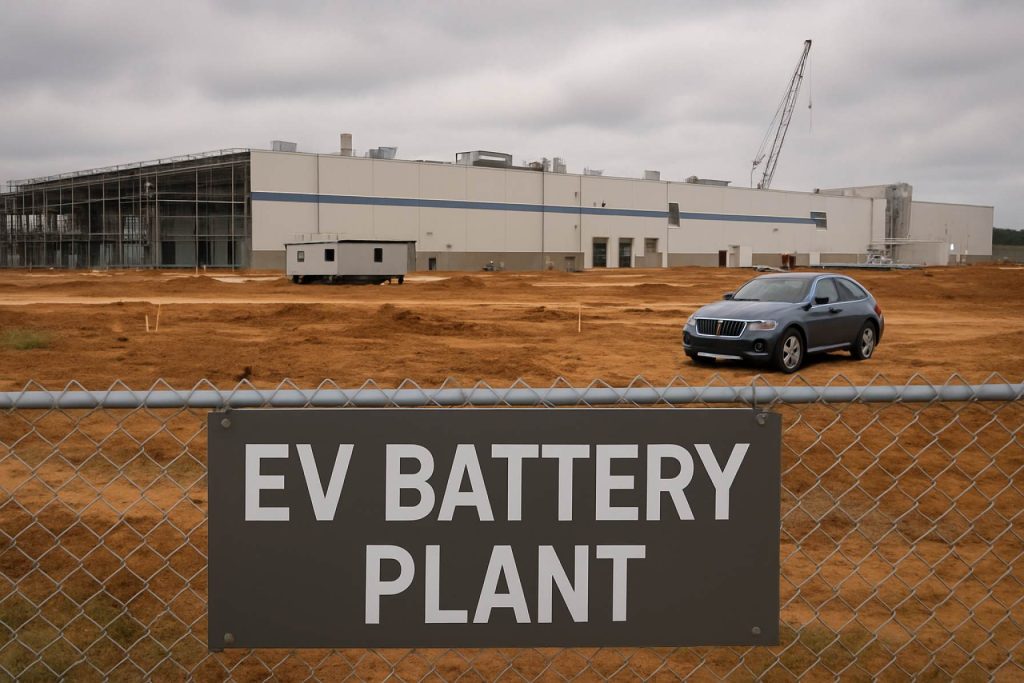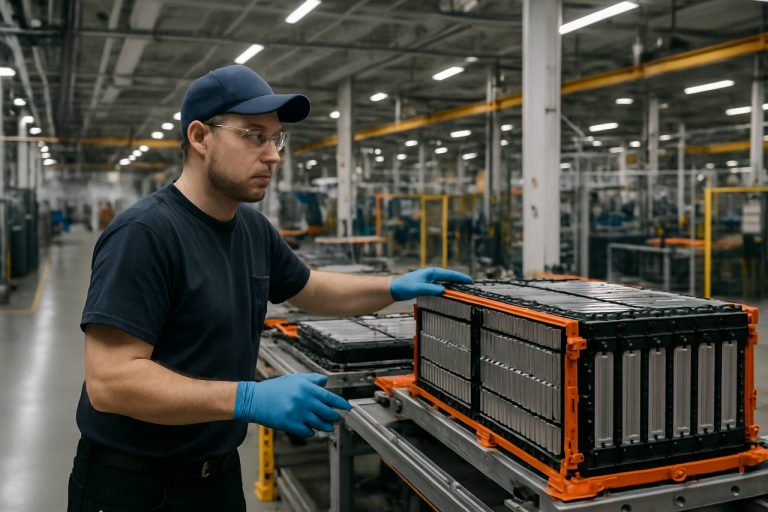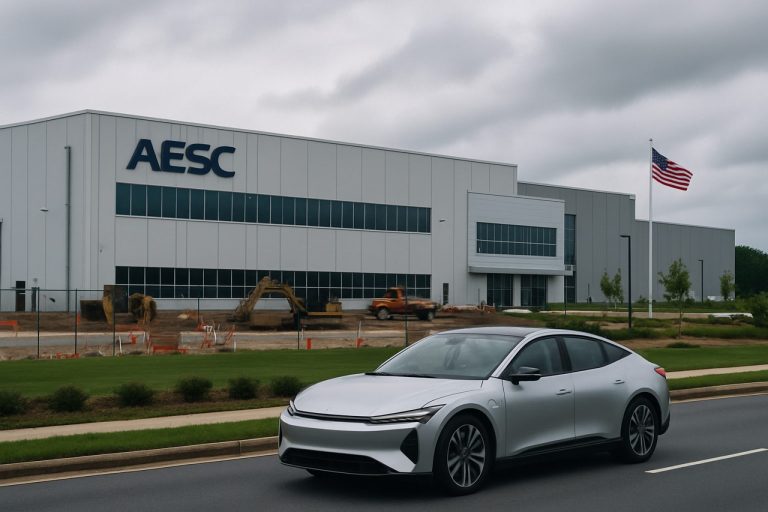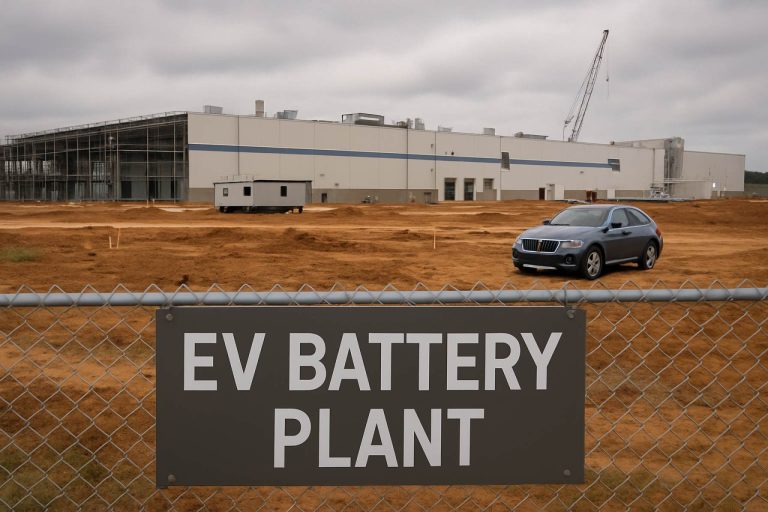
South Carolina’s Multi-Billion Dollar EV Battery Factory Put on Ice—Future of 1,600 Jobs and BMW Supply Chain Uncertain!
Florence, SC’s massive EV battery factory has abruptly paused construction amid policy and market turmoil. What’s next for South Carolina’s green jobs boom?
- $1B+ already invested in Florence facility
- 1,600 jobs pledged upon completion
- $1.6B total planned investment
- Key supplier for BMW’s Spartanburg EV production
South Carolina’s electric vehicle dream has hit a speed bump. AESC, a global giant in EV battery manufacturing, has abruptly halted construction on its $1.6 billion battery plant in Florence County.
The factory was poised to supercharge the Palmetto State’s reputation as a green tech powerhouse, churning out advanced battery cells for BMW’s massive assembly plant in Spartanburg. The construction pause sends ripples through local businesses, state officials, and the entire American EV supply chain.
Why Did AESC Freeze Construction Now?
AESC, which has already pumped more than $1 billion into the project, cites a perfect storm of “policy and market uncertainty.” In recent months, shifting federal policies, debates over EV subsidies, and turbulent global supply chains have challenged auto and battery makers across the nation. The company, which publicly reaffirmed its $1.6 billion investment commitment, is waiting for a more predictable business climate before ramping back up.
State partners are watching closely, as the factory is slated to create 1,600 high-paying tech and manufacturing jobs, transforming Florence County’s economy. Local officials remain optimistic, banking on stabilization in the coming months.
Q&A: What Does This Pause Mean for Workers and BMW?
Q: Are local jobs at risk?
A: Absolutely. With 1,600 promised roles in limbo, the pause casts uncertainty over hiring plans for engineers, line workers, and support staff.
Q: Could the delay hurt BMW?
A: Potentially. The Florence plant was a cornerstone supplier for BMW’s EV expansion in Spartanburg, a flagship factory for BMW in North America.
Q: Will AESC abandon the project?
A: Unlikely, according to their statement. AESC remains committed to investing, but only once policy and market “circumstances stabilize.”
How Can South Carolina Get EV Growth Back on Track?
Industry insiders point to several possible solutions:
- Stabilize Federal Policy: Consistent tax credits and clear regulations would give companies confidence to build.
- Strengthen Supply Chains: By partnering with local suppliers, companies can reduce risk and reliance on volatile overseas markets.
- Support Worker Retraining: Investments in workforce development through local colleges could smooth transitions—for both layoffs and future hiring sprees.
Federal and state leaders are already in talks to shore up incentives and reinforce the region’s long-term competitiveness. The stakes are high as the U.S. races to compete with China and Europe in the EV battery arena. For more on global EV trends, check out Tesla and Ford’s latest industry moves.
Will Construction Resume in 2025?
If market stability returns, construction could restart by late 2025 or early 2026, shoveling hundreds of millions in new investment into the region. Industry watchers say keep an eye on both federal incentives and international battery material supply lines.
Don’t Let South Carolina’s Battery Boom Fizzle—Stay Updated:
- Monitor official updates from AESC and BMW
- Support local STEM and manufacturing education programs
- Advocate for stable, pro-growth EV policies
- Watch for job postings and retraining opportunities in Florence County
Stay tuned. The race for America’s EV future is just getting started. Sign up for alerts and drive change in your community!



